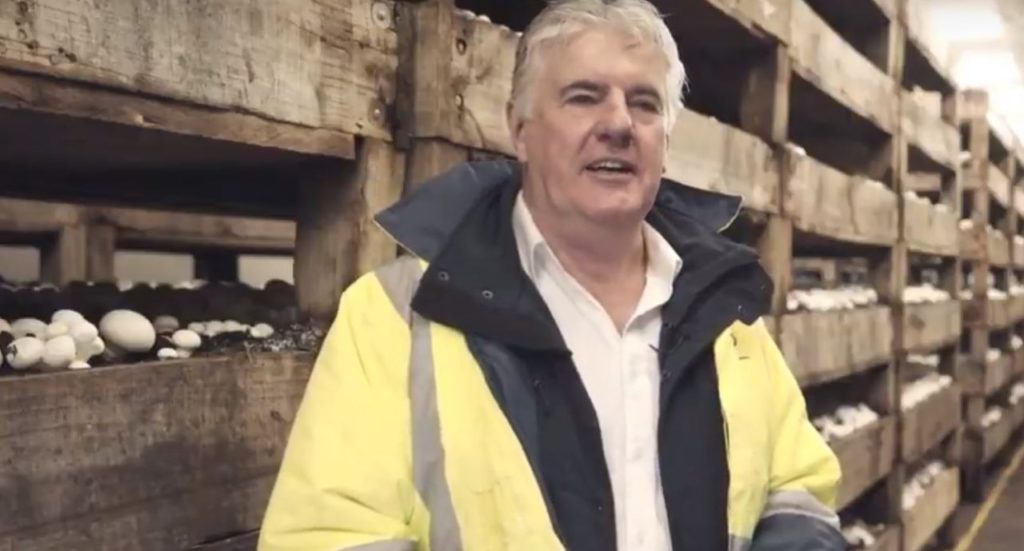
The opening of a major new composting facility is just the latest stage in Phil Rogers’ mission to build a truly great mushroom business, currently the second-largest producer in South Australia.
Why it’s a great business
Since 2006, P & L Rogers has grown to the point where 85 people are now employed, and the company has gone from producing 24 tonnes of mushrooms per week to over 40 tonnes per week.
Keys to success
- Maintaining a high-quality product
- Focusing on providing a good working environment
- Controlling as many variables in the process as possible
- Taking small financial steps and calculated risks
The journey
Managing Director Phil Rogers travelled the world between 2004 – 2006 as a mushroom consultant, across Australasia, South Korea, China, South America, North America and Canada. When buying the farm from his father-in-law in 2006, he structured a deal where he leased the farm until he bought it outright in 2011. He said that business owners should be careful not to over-expose themselves financially: “Small steps and calculated risks are key. My approach has always been to do the best I can with the resources I have, and that has paid dividends in mushroom farming where little things can make a huge difference – tweaking different production steps carefully has set our products apart.”
When Phil took over the farm in 2006, the company was producing 24 tonnes of mushrooms per week. A few immediate improvements, including opening up another six growing rooms, meant production increased to 35 tonnes per week with very little additional cost. Now they’ve added a new composting facility.
Phil says, “We were freighting in compost from my father-in-law’s farm, all the way from Merbein South near Mildura, for several years which became cost prohibitive and limited our capacity. That was why we decided to build our own composting facility last year.”
Locating and developing the new composting facility in SA took five years of research, but they now have control over the whole supply chain (and all three phases of mushroom production).
- Having the new composting facility means the company can also look at selling compost as an additional revenue stream.
- The new facility has helped to increase current production from 35 tonnes to 40+ tonnes per week and they now employ a further 10 people at the farm in Woodcroft.
- Phil has also been delighted with the service from AHO: “Our relationship has been one of the most pleasant working relationships in my career. Their advice is professional and expert – and AHO has been especially helpful with sourcing funding and supporting strategic business planning.”
- Phil is excited about the opportunities the new composting facility will bring and may also consider expanding the mushroom growing side of the business, but only if they can still produce the best quality mushrooms in South Australia.
